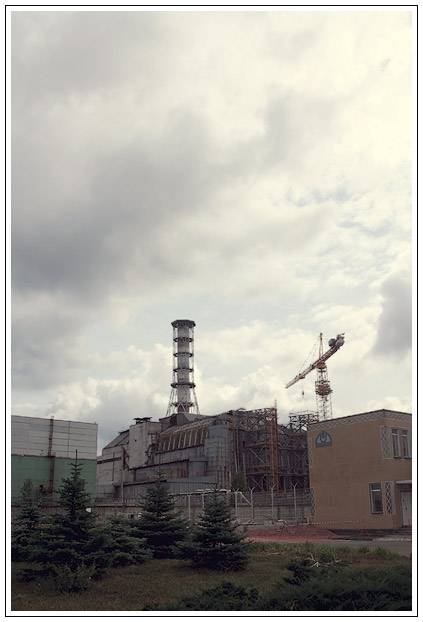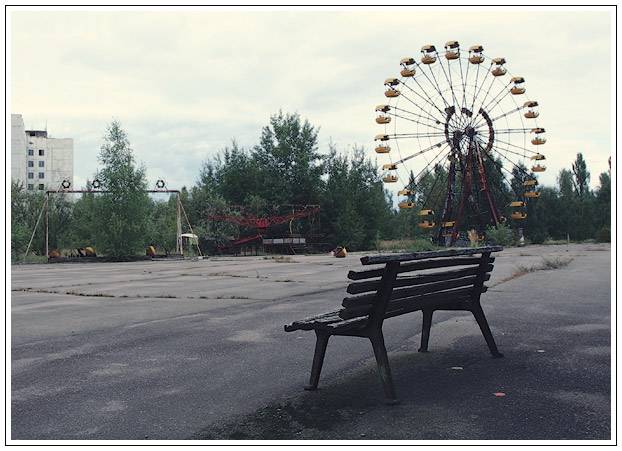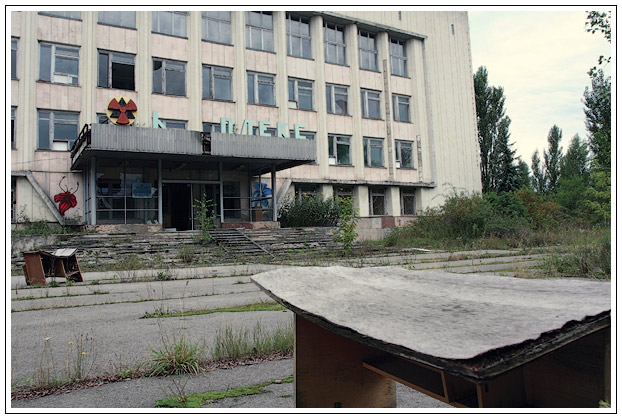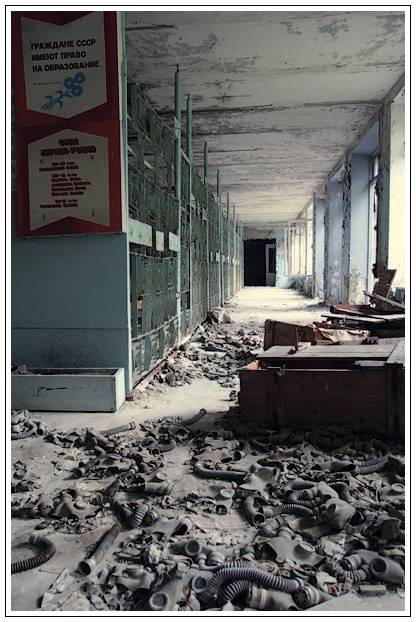Here's the current problem with nucelar energy.
NO INSURER wants to INSURE the plants against catastropic failure.
Why not?
Do we believe that insurance comapnies would NOT insure these plants if they thought they could make money off it?
Of corrse they would...insurers are very good an doing risk/reward analysis
But they do that risk v reward analysis and conclude that while the risk of catastropy is VERY small, the outcome should that RISK become reality, FAR exceeds the benefit of issuing the policies.
So I leave it to you to understand that it is not SOCIALISM which is stopping nuclear power from expanding...it's CAPITALISM which won't play.
Where are you finding your information? I found this, where is it wrong?
American Nuclear Insurers - Home
Nuclear Energy Institute - Price-Anderson Act Provides Effective Nuclear Insurance at No Cost to the Public
This is what it took to insure the existing plants,
NRC: Fact Sheet on Nuclear Insurance and Disaster Relief Funds
Basically PRIVATE insurance companies only provide a FRACTION of the protection needed to really insure against a catastropy.
You see...without SOCIALISTIC-type protection, NO nuclear power plants would be operating.
Under the terms established by the amended and renewed 1977 Price-Anderson Act, utilities were made liable for up to $700 million, drawn from a combination of industry-financed insurance and an assessment of $5 million on each reactor in operation.18 The assessment, created by a 1977 amendment to the act, effectively phased out federal indemnity of NRC licensees.19 Congress is still required to review any case where damages exceed these liability limits.20
In July 1986, the United States General Accounting Office (GAO) issued a report titled "Financial Consequences of a Nuclear Power Plant Accident." In the report they analyzed, on a reactor-by-reactor basis, how "average catastrophic accident consequences" compare with the liability ceiling provided for by Price-Anderson. The report concluded that, under the [then] $665 million Price-Anderson limit, only 4 percent of all potentially serious reactor accidents would be adequately covered, and a $6.5 billion limit would cover 95 percent of the reactors. The report also stated that, according to NRC officials, the financial consequences of a catastrophic accident under severe weather conditions could be up to 10 times greater than average consequences.21 On July 31, 1987, the House of Representatives approved a bill which re-authorized the Price-Anderson Act, raising the liability of utilities to $7 billion in the event of a nuclear power plant accident. The bill is currently pending in the Senate. In the meantime, those plants currently holding construction permits or operating licenses are insured under the terms established by the 1977 Price-Anderson legislation.22
SOURCE
My point in providing this information is merely to show some of us that the problem with going nuclear is NOT MERELY that environmentalists are holding it up.
What's really holding it up is the (apparently not unreasonable) fear that if a real catastropy happens the victims will not be taken care of because the actual costs of such an event far exceed the insurance industry's WILLINGNESS to insure.
There is currently no MARKET SOLUTION to this problem.
Last edited:




